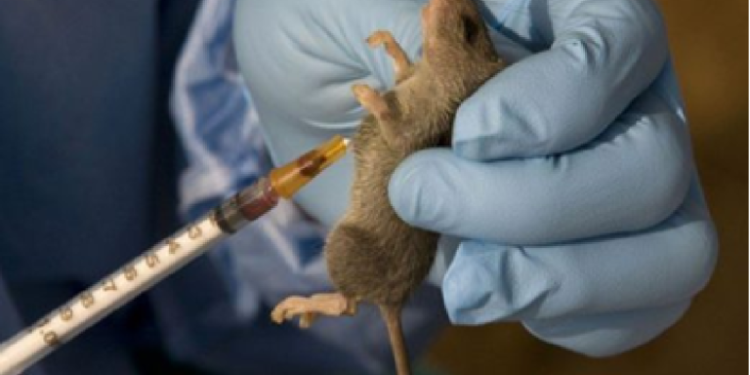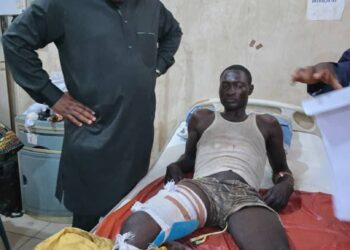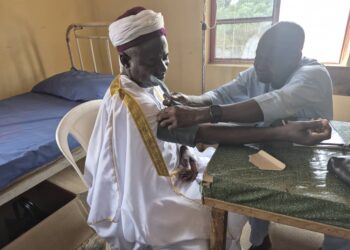At least 145 people have died from Lassa fever so far this year, with Ondo and Bauchi states accounting for the highest number of cases, according to the Nigeria Centre for Disease Control and Prevention (NCDC).
This figure, recorded by the end of the 25th epidemiological week (June 16–22), marks a case fatality rate of 18.6%, higher than the 17.6% recorded around the same time last year.
Health officials say many of these deaths might have been prevented with earlier hospital visits or faster symptom recognition.
Lassa fever, a viral haemorrhagic illness mainly spread by contact with infected rodents or contaminated food, continues to pose a major public health threat, especially in rural communities.
According to the latest Lassa Fever Situation Report, 10 new infections were confirmed last week in Ondo and Edo States, bringing the year’s total to 781 confirmed cases out of 5,943 suspected cases, spread across 20 states and 101 local government areas.
But five states alone account for the vast majority, Ondo (31%), Bauchi (24%), Edo (17%), Taraba (16%), and Ebonyi (3%),
The NCDC says the high number of deaths is largely due to late presentation at health facilities, poor health-seeking behaviour, and low awareness in rural communities where the disease thrives.
“We are working closely with state governments and partners to improve surveillance, case management, and community engagement,” the agency said.
In response, the NCDC has moved its emergency coordination to “alert mode”, a step down from full emergency operations, but still active in hotspots.
The agency has also trained health workers in high-risk LGAs, launched an Infection Prevention and Control (IPC) e-learning platform, and partnered with WHO, UNICEF, ALIMA, Georgetown University, and others.
Still, the human toll continues to rise.
In many communities, families have lost loved ones within days of the first symptoms, often brushed off as “just fever.”
As part of its public health advisory, the NCDC urged Nigerians to practice good hygiene, keep homes rodent-free, and seek medical care immediately if symptoms like fever, vomiting, or unexplained bleeding occur.
“You may think it’s malaria,” the report said, “but it might not be. Lassa fever doesn’t wait.”
Source – Radio Nigeria
(vitalnewsngr.com)






















